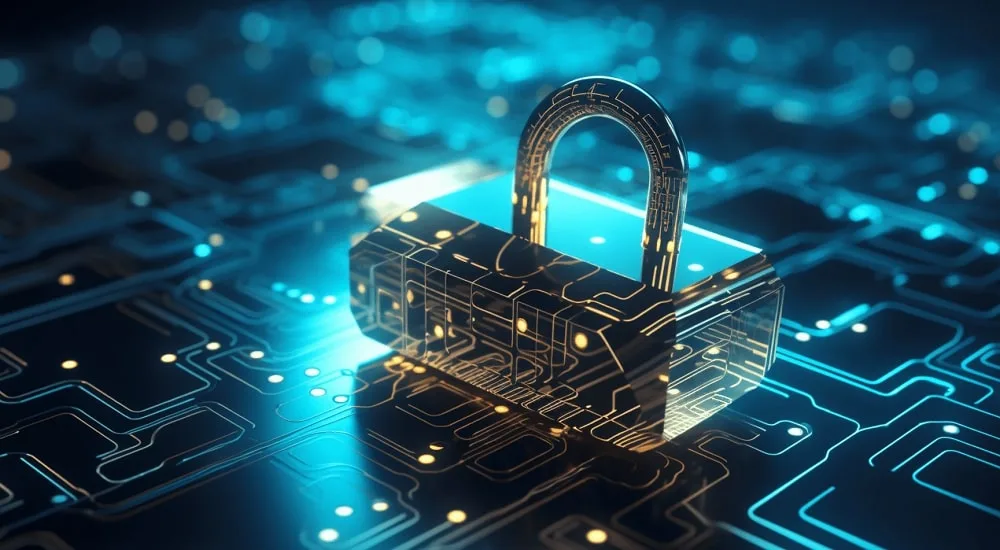Digitalization is affecting all areas of our lives, changing approaches to doing business, managing data and interacting with information systems. With the development of new technologies such as cloud computing, artificial intelligence and the Internet of Things, cyber threats have also increased. With the constant growth of digital assets, data protection is becoming a priority for everyone working in the information space.
The Importance of Cybersecurity
Cybersecurity is a set of measures and technologies aimed at protecting information systems, networks and data from unauthorized access, theft, loss or destruction. In the context of digital transformation, when most processes have moved online, the threat of cyber attacks has become a real danger for companies of all sizes and individuals.
The main goal of cybersecurity is to ensure the confidentiality, integrity and availability of data. According to Bonver Casino experts, in the modern world, where information is one of the most valuable resources, data loss or compromise can lead to serious financial losses, reputational risks and even legal consequences.
Main types of cyber threats
In modern conditions, cybercriminals use various methods and tools to gain unauthorized access to data. The most common threats include:
- Malware: viruses, trojans, spyware, ransomware that penetrate systems for the purpose of data destruction or extortion.
- Phishing: a social engineering method aimed at obtaining confidential information by deception. Most often, phishing attacks are carried out through email or fake websites.
- DDoS attacks (Distributed Denial of Service): attacks on servers or networks in order to overload the system and temporarily disable it.
- Data theft: unauthorized access to confidential data, including personal data, financial information and corporate secrets.

Basic Data Protection Strategies
Data protection requires a comprehensive approach that includes the use of both technical means and organizational measures. Let’s look at the basic strategies that Bonver Casino has provided to help secure data in the context of digitalization:
- Data encryption: One of the most reliable ways to protect information. Encryption turns data into an encrypted format that can only be read using a special key. This is especially important for transmitting data over networks.
- Authentication and access control: Using multi-factor authentication and strict access control policies helps prevent unauthorized access to systems and data. Authentication based on biometric data, such as fingerprints or facial recognition, can also significantly enhance security.
- Software updates: Regularly updating operating systems, applications, and antivirus software reduces the risk of vulnerabilities that can be exploited by intruders.
- Staff training: The human factor is often the weakest link in the cybersecurity chain. Regularly training employees on security issues, as well as informing them about new types of threats, significantly reduces the risk of successful attacks.
- Data backup: Regularly creating backup copies of data and storing them in safe places helps to restore information in the event of an attack or failure.
- Monitoring and detecting threats: Implementing monitoring and detecting systems allows you to promptly identify suspicious activity and prevent possible incidents.
The future of cybersecurity in the era of new technologies
With the development of technologies such as artificial intelligence and blockchain, approaches to cybersecurity will also evolve. Artificial intelligence is already used to create systems for automatic threat detection, user behavior analysis and prediction of potential attacks. Blockchain, for its part, can ensure transparency and immutability of transactions, which makes it a promising tool for data protection.
However, despite all the achievements, cybercriminals are also mastering new technologies. This means that cybersecurity tasks will remain relevant in the future. Therefore, it is important to constantly improve security measures, monitor new trends and adapt to changes in the digital world.

